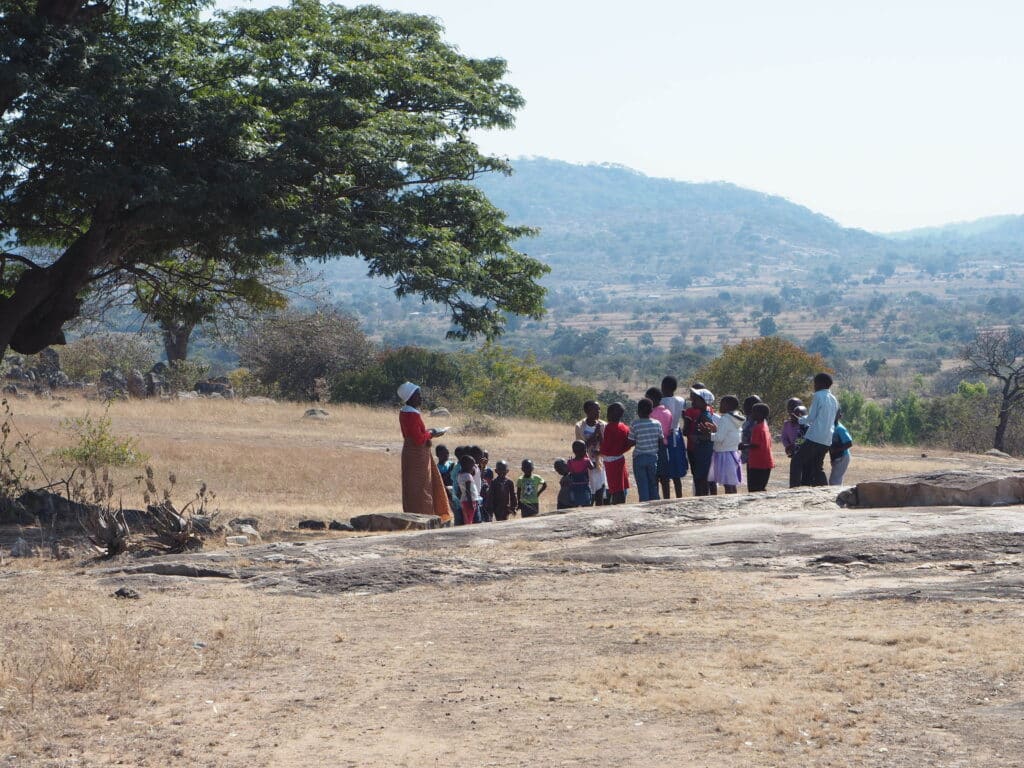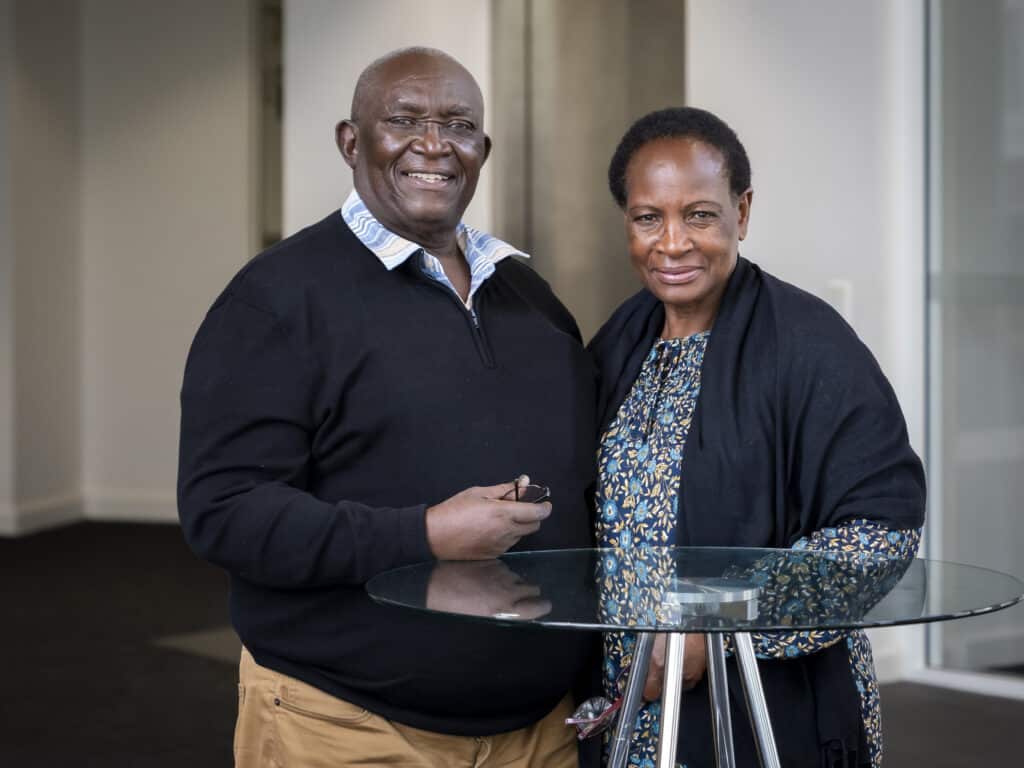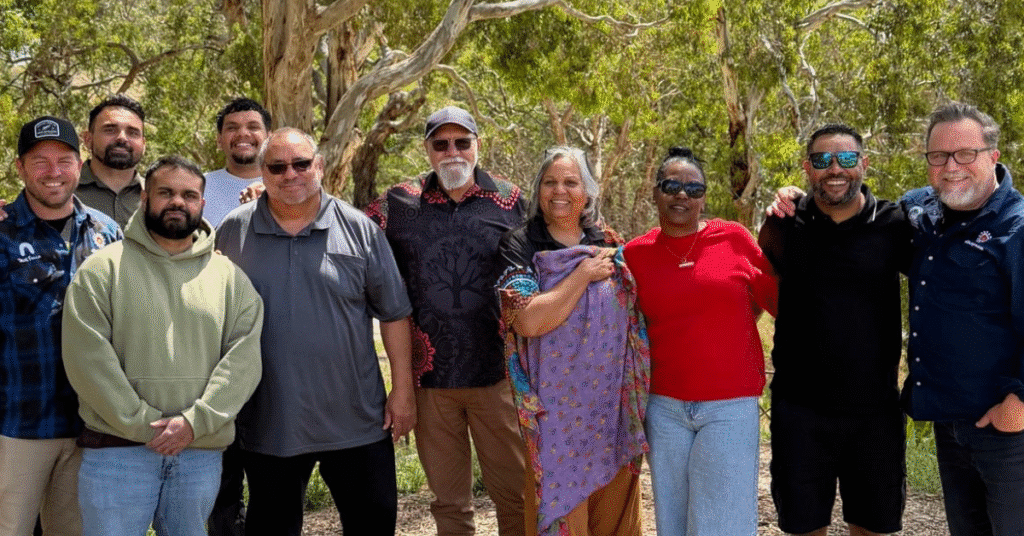Latest
News & Updates

A Shared Calling to Partner in God’s Harvest
“The harvest is plentiful, but the workers are few. Ask the Lord of the harvest, therefore, to send out workers into his harvest field.” — Matthew 9:37 For many years, I read Matthew 9:37 and felt the weight of “not…

BJ and Chippo’s Retirement: Celebrating 30 Years of Ministry
BJ Mpofu is a gifted preacher, pastor, and mentor who has shaped many Christian leaders to go out and make disciples in Zimbabwe. Over the past 30 years, he has been a key leader in the Associated Churches of Christ…

Emerging Indigenous Leaders Gather in South Australia
From November 23-26, 2025, the first combined Indigenous Ministries Australia and Baptist Mission Australia Emerging Leaders Gathering took place on Peramangk Country at the scenic Wirraway Campsite in Strathalbyn, South Australia. The gathering aimed to nurture emerging Indigenous Christian leaders…
Subscribe for Updates
Be the first to know about exciting developments and breakthroughs made possible because of supporters like you. Sign up to our mailing list today.
By clicking subscribe, you agree to receive our emails. We fully respect your privacy and will never sell or share your information unless required by law. Unsubscribe at any time.
Encouraging Peaceful Communities
Santino was serving local communities when more than 10,000 refugees flooded to South Sudan in search of peace. He witnessed how little humanitarian support was available. People living in makeshift shelters, with violence breaking out between tribes in the refugee…
A Latrine is More than Just a Big Relief
Christian Mercy International has been actively working to improve student well-being and school facilities in South Sudan. They are collaborating with ten schools to enhance educational services and upgrade their facilities, enabling them to receive support from the World Food…
Bringing Hope to Vanuatu’s Wounded Hearts this Christmas
Christmas reveals a God who does not abandon us in our trauma, but draws near with comfort and hope. In the months since Vanuatu’s devastating December earthquake last year, Pastor David from Pentecost Island has lived this truth as he…
Vanuatu Discovery Trip 16 – 23 July 2026
In July 2026, Global Mission Partners is hosting a leadership Discovery Trip to Vanuatu. This trip is intended for senior pastors and church leaders and will be hosted by John Lamerton (CEO, Global Mission Partners). This will be an opportunity…
Zimbabwe Discovery Trip 20 – 30 July 2026
In July 2026, Global Mission Partners are hosting a Discovery Visit to experience mission in Zimbabwe with Safe Water September. Would you like to come? This group will travel to Bulawayo, Zimbabwe, to visit our friends at Showers of Blessing and…
A Teacher’s Miracle During the Vanuatu Earthquake
Mary will never forget the morning of 17 December 2024. Before leaving for her teaching job at Malapoa College in Port Vila, Vanuatu, she prayed Psalm 91 over her life and her family, declaring God’s protection over them all. She…